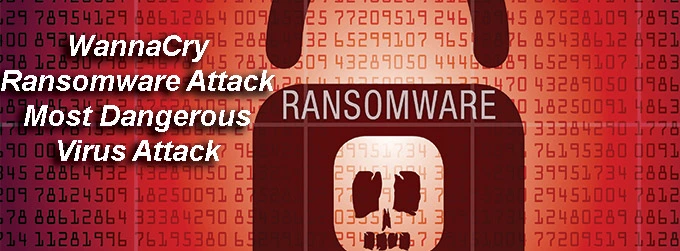Antivirus Glossary
Antivirus software is a program type or tool that has been designed and developed for protecting the computers from Adware, viruses, Brute Force Attack, Malware, Cryptojacking, Keyloggers, DDoS, Trojans, Spywares, botnets, rootkits and so on.
The main functioning of an antivirus software is linked with the scanning, detecting and removing the viruses from computer.
Adware
Adware is a type of malware which displays unwanted advertisements and tracks browsing behaviour while the program is running. These unwanted applications can disguise itself as a legitimate program to trick into installing harmful programs on your system and can collect personal information without the user’s permission.
Brute Force Attack
A brute force attack is an attempt to crack a password or keys by making repetitive attempts. This is performed on a trial and error method to fetch the required information.
Cryptojacking
The fraudulent practice by someone to mine the cryptocurrencies is Cryptojacking. Here, hackers steal computing resources from the victim’s device and operate complex crypto mining operations without any overhead investment.
DDoS
A distributed denial-of-service (DDoS) attack is a malicious attempt in which multiple compromised computer systems attack a target to disrupt normal traffic of a targeted server, service or network with a flood of Internet traffic.
Keyloggers
A type of surveillance software that tracks everything a user types, including usernames and passwords. Keyloggers are often part of malware or spyware.
Logic Bomb
A Logic Bomb is a string of malicious code used to cause harm to a network when the programmed conditions are met. It is timed to cause harm at a certain point in time but is inactive up until that point. Once activated, a logic bomb implements a malicious code that causes harm to a computer
Malware
Malware is a written code with the intention to disrupt or manipulate systems and devices. Malware can be delivered in different forms and types depending on the nature and intention of the attacker. The common types of malware are viruses, ransomware, spyware, worms and Trojan horses.
Pharming
Pharming refers to manipulate website traffic through hacking which redirects a search to a fake website. Here, hackers create an impostor site, which may look exactly like the real site and prompt users to land on this illegitimate website to steal confidential information,
Phishing
A phishing attack is an attempt to let the victim share the personal or financial details with the attacker. It is basically done via emails, text messages, voice calls and malicious links within websites, emails or ads.
Ransomware
Ransomware is a type of malware which blocks or restricts the user from accessing their files/folders on a computer or in some cases it blocks the user access to the whole network. Paying ransom to the attackers becomes the only way to get access back.
Rootkit
A rootkit is a malicious program which is used to gain administrator-level access to a targeted system. It is installed by exploiting the system vulnerabilities without the consent of the user.
Remote Access Trojan (RAT)
A remote access Trojan (RAT) is basically a dangerous malware program which usually takes a back door channel to get into your system and takes all the administrative control over it. This also leads to the compromising of your system along with the files, folders and other important documents.
Spear Phishing
Spear-phishing attack is an attempt to get the required information from the specifically targeted victim. Here, the attack is limited to an individual or a very small group of related people to steal confidential information.
Spyware
Spyware is malicious malware which infects the system, Smartphone or any other device and gathers information. Spyware enters the system without the knowledge of the user as a legitimate program and runs quietly while collecting and tracking information.
Trojan
A trojan is a computer program which appears harmless and misrepresents as a useful program but in reality, it is malicious in nature. Trojans can create a backdoor entry into the system which can give control of your computer to the hacker to carry out malicious actions.
Virus
A computer virus is a malicious program that spread throughout the system by copying itself to another program. It self replicate itself and make changes in the boot sector, programs, applications, files and can also damage the system.
Worm
A worm is a type of malicious software program that replicates while moving across computers and leaving copies of itself in the memory of each computer in its path while remaining active on infected systems.
Zero-day
Zero-day is a flaw in software that is yet unknown to the software vendor. Although this vulnerability is known to the code attackers, who use it to take advantage of this said unpatched security flaw.
Zombie
A computer that has been compromised and a remote attacker have an access to it. The attacker uses this computer to forward transmission to other computers on the internet. Attackers typically exploit multiple computers to create a botnet, also known as a zombie army.
You can download your antivirus software here:
- Protegent antivirus
- Protegent Total security Antivirus
- Protegent 360 Complete Security Antivirus Solution
Stay safe. Stay home.
Follow us on:-




